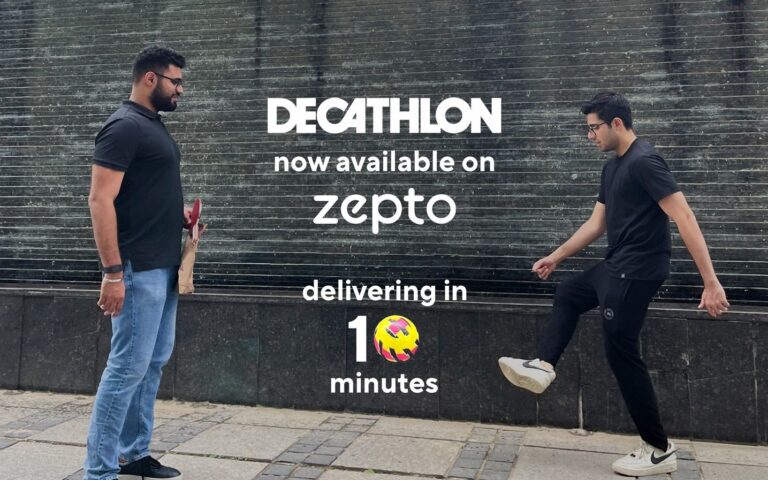When customers know they can rely on a brand to deliver a consistent and satisfying experience everywhere, they are more likely to return, recommend the brand to others, and develop a deeper, long-term connection with it
In an age where the lines between online and offline shopping experiences are increasingly blurred, the concept of ‘phygital’ is taking centre stage in the retail world. This hybrid approach enhances convenience and autonomy and crafts a more engaging and personalised journey for the consumer.
Recent studies underscore the significance of this shift. For instance, according to Mailmodo, 40% of consumers make an in-store purchase at least once a week, compared to 27% who shop online with the same frequency. Furthermore, research from Think with Google reveals that nearly 80% of shoppers will visit a store when they need or want an item immediately.
Interestingly, IBM research shows that nearly three-quarters of retail customers still prefer to shop at a physical location rather than online. However, two-thirds of consumers discover new products through the web. This duality has compelled retailers in recent years to redefine their strategies and find innovative ways to stay connected with their audiences.
Physical is just one part of the equation
While physical stores remain essential, they represent just one part of the overall brand experience. Customers interact with brands across various touch points—from social media and review platforms to emails and online advertisements. These digital interactions play a critical role in shaping perceptions and influencing decisions. Therefore, a true brand experience is only achieved by seamlessly blending these digital touchpoints with the physical store experience, ensuring consistency and continuity across all channels.
Catering to Diverse Customer Preferences
Customers have different preferences for interacting with a brand, influenced by factors like demographics and the nature of the transaction. For example, younger customers might prefer digital interactions, while older ones may lean towards in-person experiences. By creating phygital experiences, businesses can cater to these diverse needs, offering a variety of interaction methods on the platforms customers prefer. This flexibility not only enhances customer satisfaction but also fosters stronger brand loyalty by ensuring that each customer’s expectations are met, regardless of his/ her preferred mode of engagement.
Enhancing the In-Store to Online Purchase Journey
For many brands, especially the ones that specialise in travel accessories, the phygital approach plays a crucial role in bridging the gap between in-store exploration and online purchasing. Many customers visit physical stores to examine the quality, design, and functionality of products firsthand. This tactile experience is essential for assessing the practical benefits of travel accessories. However, they often prefer the convenience of completing their purchase online. By integrating digital touchpoints within the physical store, such as interactive kiosks or mobile apps, brands can facilitate a seamless transition from in-store evaluation to online purchase. This strategy not only enhances the overall customer experience but also ensures that the brand meets the evolving needs of travellers who value both hands-on inspection and digital convenience.
What Customers Expect
Consistency is key to building trust and loyalty. Today’s customers value a cohesive experience that bridges the gap between in-store and online interactions. Whether they’re exploring products in a physical store or browsing online, 71% of customers say they expect the same level of service, quality, and engagement. By extending the in-store experience into the digital realm, businesses can create a predictable and reliable brand journey, encouraging customers to return and engage with the brand across multiple platforms.
In the modern marketplace, brand loyalty is increasingly shaped by the ability to deliver a consistent and personalised customer experience across both physical and digital channels. Phygital experiences play a crucial role in this by ensuring that customers can engage with a brand in a way that suits their individual preferences and needs. Whether interacting with a brand in-store, online, or through a combination of both, customers appreciate the seamless and cohesive experience that phygital offers.
By integrating digital touchpoints into the physical shopping journey, businesses can meet customers where they are, providing convenience, accessibility, and personalisation. This approach not only caters to a broad demographic spectrum but also ensures that every interaction reinforces the brand’s promise of quality and reliability. The result is a more satisfied customer base, which translates into increased brand loyalty. When customers know they can rely on a brand to deliver a consistent and satisfying experience, they are more likely to return, recommend the brand to others, and develop a deeper, long-term connection with it.











